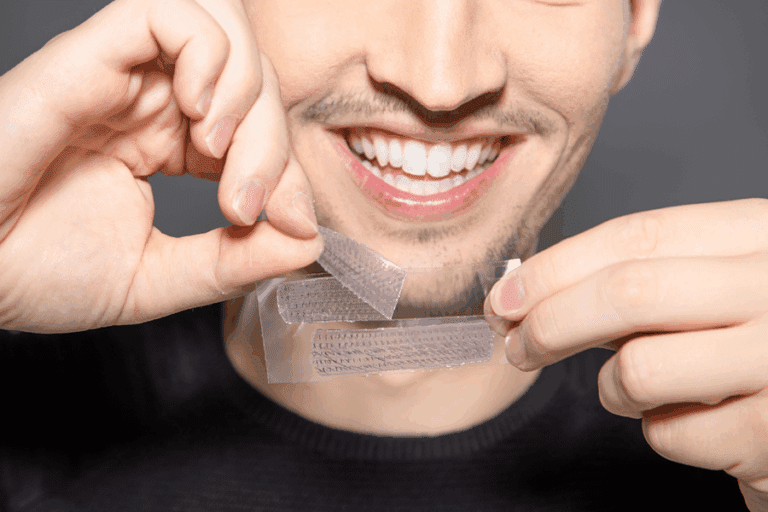Mental health challenges affect millions of people—about one in five adults, and one in six children between the ages of six and seventeen—in the United States each year.
Mental illness doesn’t just impact how you feel emotionally. It can also influence nearly every part of your well-being, including your oral health.
If you or someone you care about is navigating a mental health challenge, know that there are steps you can take to help protect your smile. Try incorporating some simple oral health tips to support both your mental and dental wellness.
The impact of poor mental health on oral health
While the connection between mental and physical health is well established, the relationship between mental health and oral health is garnering attention. Dental and mental health professionals alike are beginning to recognize how closely these areas are connected—and how mental health challenges can directly and indirectly affect oral health.
According to a study published in Psychiatric News, individuals with mental health conditions are less likely to attend regular dental visits, increasing their risk for dental diseases and related health issues.
The study identified four common oral health concerns among patients with psychiatric disorders: tooth decay, gum disease, dry mouth (xerostomia), and bruxism (teeth grinding).
Additionally, individuals with mental health disorders may be more likely to experience dental anxiety, which can further contribute to avoiding or delaying dental care.
Pro tip: If dental anxiety is holding you back, you’re not alone. Explore tips to help make dental visits feel more manageable.
Simple oral health tips for tougher mental health days
When you’re facing mental health challenges, some days may simply be tougher than others—and even basic self-care can feel overwhelming. The following simple oral health tips can help you care for your smile, even on the hardest days.
Keep a toothbrush and toothpaste within easy reach.
One of the easiest oral health tips is to make brushing more accessible. Try keeping a travel-sized set at your bedside or on your desk for quick access, especially if getting to the bathroom feels overwhelming. You could also consider single-use, disposable, mini toothbrushes.
Use mouthwash as a backup.
On days when brushing feels overwhelming, even a quick swish of mouthwash can make a difference. It’s not a full substitute, but it’s a simple step that can help you feel a little fresher.
Pro tip: Be sure to use a mouthwash that is approved by the American Dental Association.
Set gentle reminders.
Use phone alarms, sticky notes, or apps to nudge you to brush, floss, or rinse. Gentle cues can help build consistency without pressure.
Make oral care part of another habit.
For a more sustainable oral health tip, try habit stacking. Pair brushing your teeth with something you already do, like taking medication or watching a certain show. This makes routines easier to remember.
Use an electric toothbrush.
Using an electric toothbrush requires less effort and often does a more thorough job, which is helpful when energy or motivation is low.
Hydrate.
Medications or stress can cause dry mouth, increasing your risk for tooth decay. Sipping water throughout the day supports both your oral and overall health.
Don’t aim for perfect—just aim for something.
This is one of the most important oral health tips: Progress matters more than perfection. Even brushing once a day or using floss picks instead of regular floss is a step in the right direction.
Talk to your dental provider.
An often-overlooked oral health tip is open communication. Let your dentist know what you’re going through. They can offer supportive guidance, flexible care plans, and reassurance—without judgment.
Small wins count for your smile and your well-being
Caring for both your oral and mental health doesn’t have to be overwhelming—small wins can make a meaningful difference. By incorporating even a few of these simple oral health tips, you can help protect your smile while navigating mental health challenges.
If you or a loved one is struggling, remember that you’re never alone. Here are some mental health resources to get the care you need:
- Text or call 988 to get routed to the nearest crisis center.
- Chat at 988lifeline.org.
- Click here for a full list of mental health resources.
Want to learn more about the oral health and mental health connection? Be sure to check out “The unique connection between oral and mental health.”



